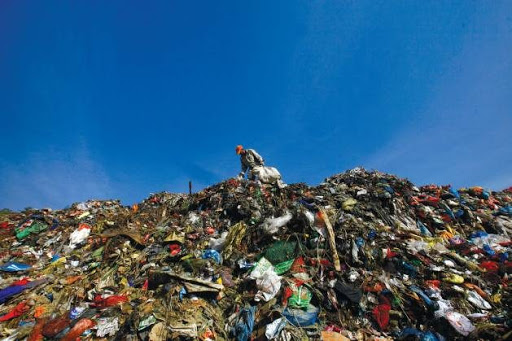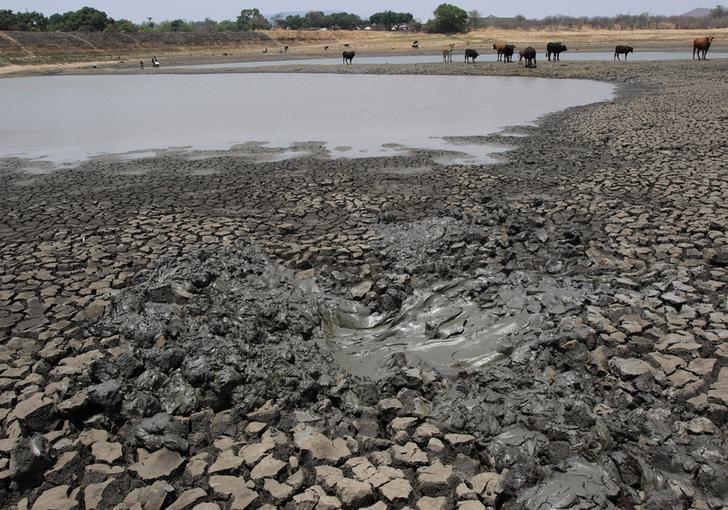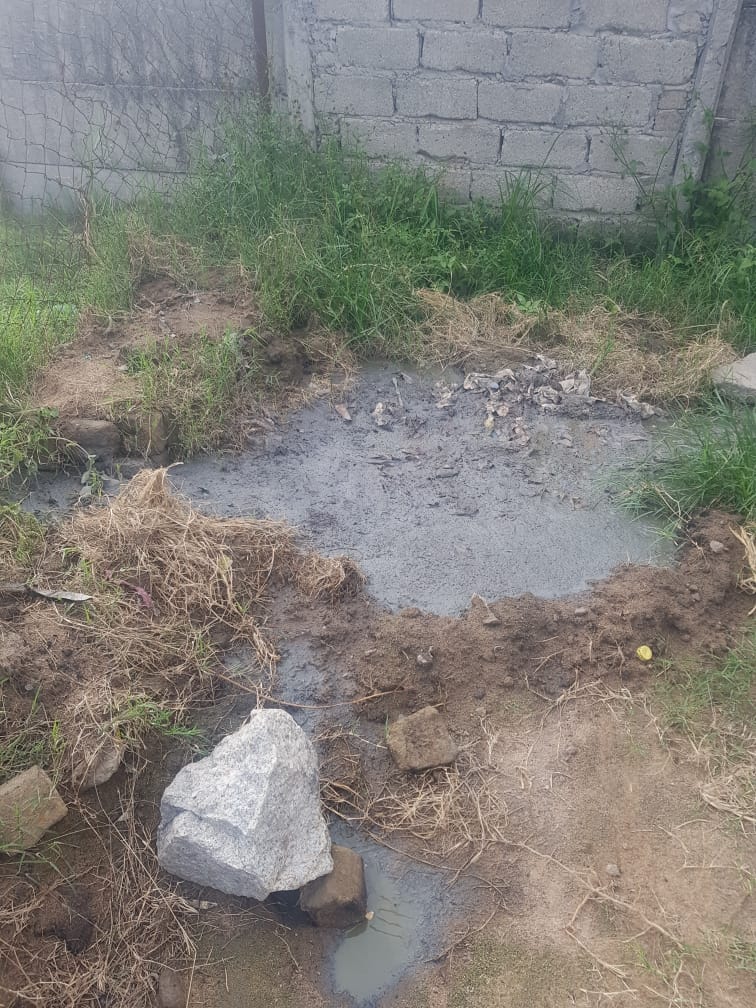Why PPE’s waste disposal should be a priority

Muchaneta Chimuka Senior Reporter
The Covid-19 pandemic has seen a significant increase in the use of disposable single-use Personal Protective Equipment (PPE), particularly masks and gloves in areas that have traditionally not required the use of such.
This has resulted in emerging issues and challenges in waste generation and management countrywide.
A survey by The Herald revealed that many people in both rural and urban areas do not have enough knowledge on the ways and means of disposing PPEs.
“The PPEs which include face masks, gloves, plastic caps among others are seen scattered on the ground a true reflection of poor waste management in Zimbabwe. The city fathers are failing to routinely collect waste from communities citing fuel challenges,” said Chitungwiza Residents Trust Association director, Alice Kuvheya.
She said communities end up pilling their waste everywhere polluting the environment.
“We often see children playing with used masks and gloves and this is risky,” she bemoaned.
National Action on Used Diapers (NAPUD) coordinator, Mr Rogman Muchengapadare, said gloves, masks and diapers should not be thrown into the streets.

Instead, these should be washed with soap or sanitised, cut into pieces and placed into trash to avoid mishandling by children.
“Poor waste management will lead to the recurrence of Covid-19 infections,” he said.
The Environmental Management Agency has called for the nation to reflect on waste management practices, redefine them and admit that a clean environment is essential during the lockdown.
EMA’s Environmental Education and Publicity Manager Amkela Sidange said as the majority of people are now home in order to be safe from Covid-19, citizens should take time to clean their households and the entire surrounding areas.
“Waste generation at household level is bound to increase during this period when the whole family is at home, hence the call to prioritize sorting of waste at household level. This will help recover recyclable material and compost biodegradable material, and in the process reduce residual waste accumulating in the environment,” she said.

She added that all unwanted PPEs should be disposed of in a way that does not pollute the environment.
“Some PPEs such as gloves and plastic caps do not decompose at all hence communities need to be educated on how to separate litter for proper waste management. Those that decompose can be buried in pits and the others can be burnt,” she said.
She added that poor waste management can result in pollution of water sources such as rivers, dams, even blockage of sewer pipes and water treatment plants.

“We encourage local authorities to take advantage of the limited number of people in the Central Business Districts (CBDs) and other critical areas such as markets during the lockdown, to clear all dumps, empty bins, maintain a regular waste collection schedule and sanitize those areas among many others to build sustainably clean cities and communities. As the country intensifies its efforts to fight Covid-19, it is imperative that citizens maintain a clean and healthy environment,” she said.
She said, they are making sterling efforts towards achieving a clean, safe and healthy environment, as enshrined in Section 73 of the Constitution of Zimbabwe and Public Health Act Chapter 15:17, and the Government Policy on Integrated Waste Management including health care waste management (solid, liquid and clinical waste).
PPEs waste, she said, if not properly managed may become a new pathway to re-transmit Covid-19 leading to its resurgence in the community.

“Masks and gloves are increasingly becoming common street trash. They can be classified as hazardous waste and cannot be treated as normal garbage. This is an additional challenge to the management of Covid-19 as it poses a risk to waste pickers. Furthermore, the once-off-use nature of most of the PPE makes their proper disposal critical during this pandemic and beyond until the world fully recovers.”
It is estimated that over 4.2 million disposable masks will end up in the environment and water bodies daily. This, she added, may become a health and ecological disaster.
According to EMA’s Standard Operating Procedure (SOP for SARS – COV-2 (Covid-19) Infectious Waste Management) National Covid-19 Response, all waste generated in screening and caring for Covid-19 patients is regarded highly infectious and should therefore be segregated and safely disposed of.

This will reduce the risk of transmission of the SARS-CoV-2 virus to healthcare workers, patients and visitors and minimize the risk of injury associated with waste handling.










Comments